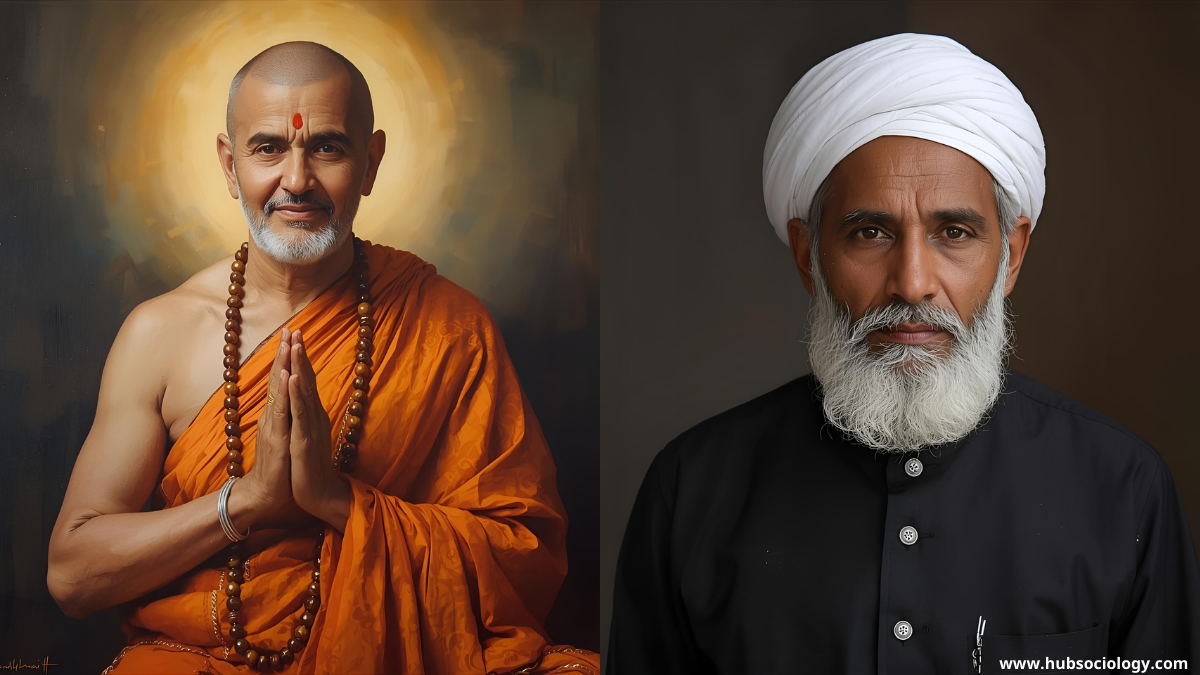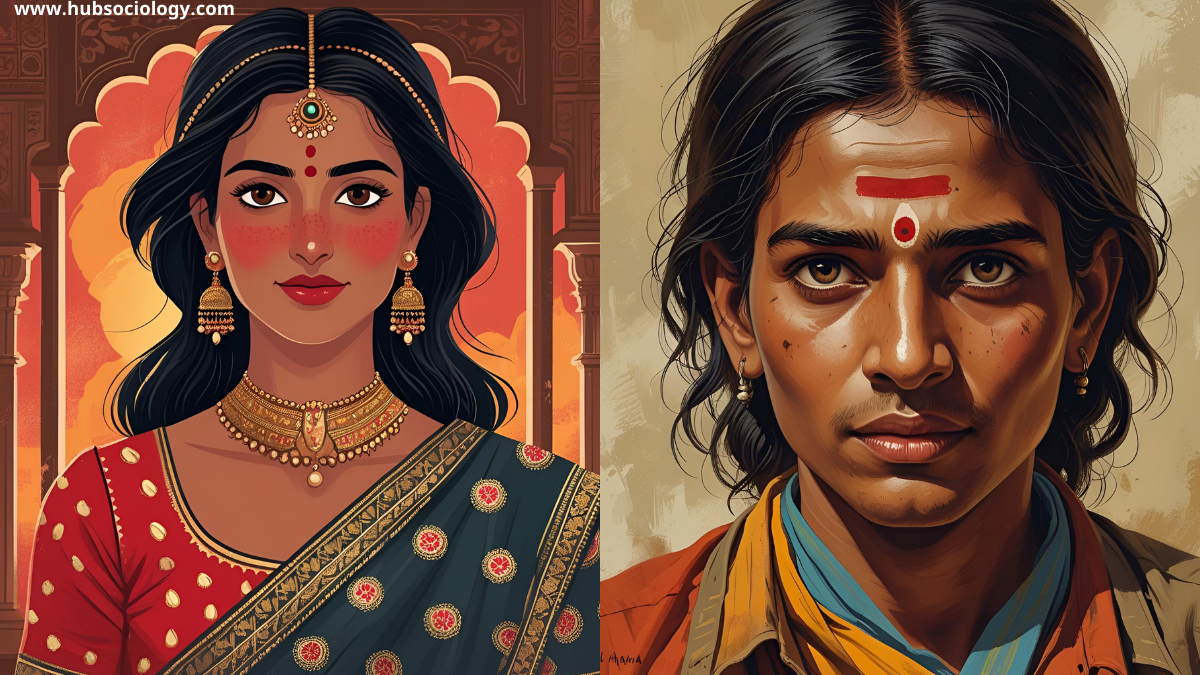Political Polarization: Weber’s Power Theory in Action
Introduction Political polarization—defined as the growing ideological distance and hostility between opposing political groups—has become one of the defining features of the 21st century. Across nations, societies have witnessed increasing divisions between left and right, liberal and conservative, secular and religious, globalist and nationalist. While this phenomenon is often analyzed through political science or communication … Read more






